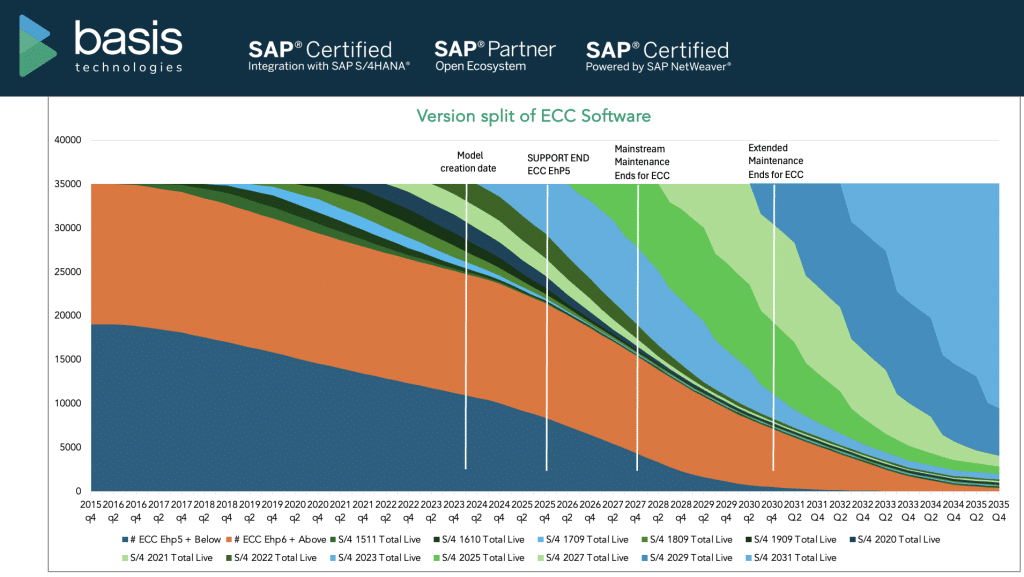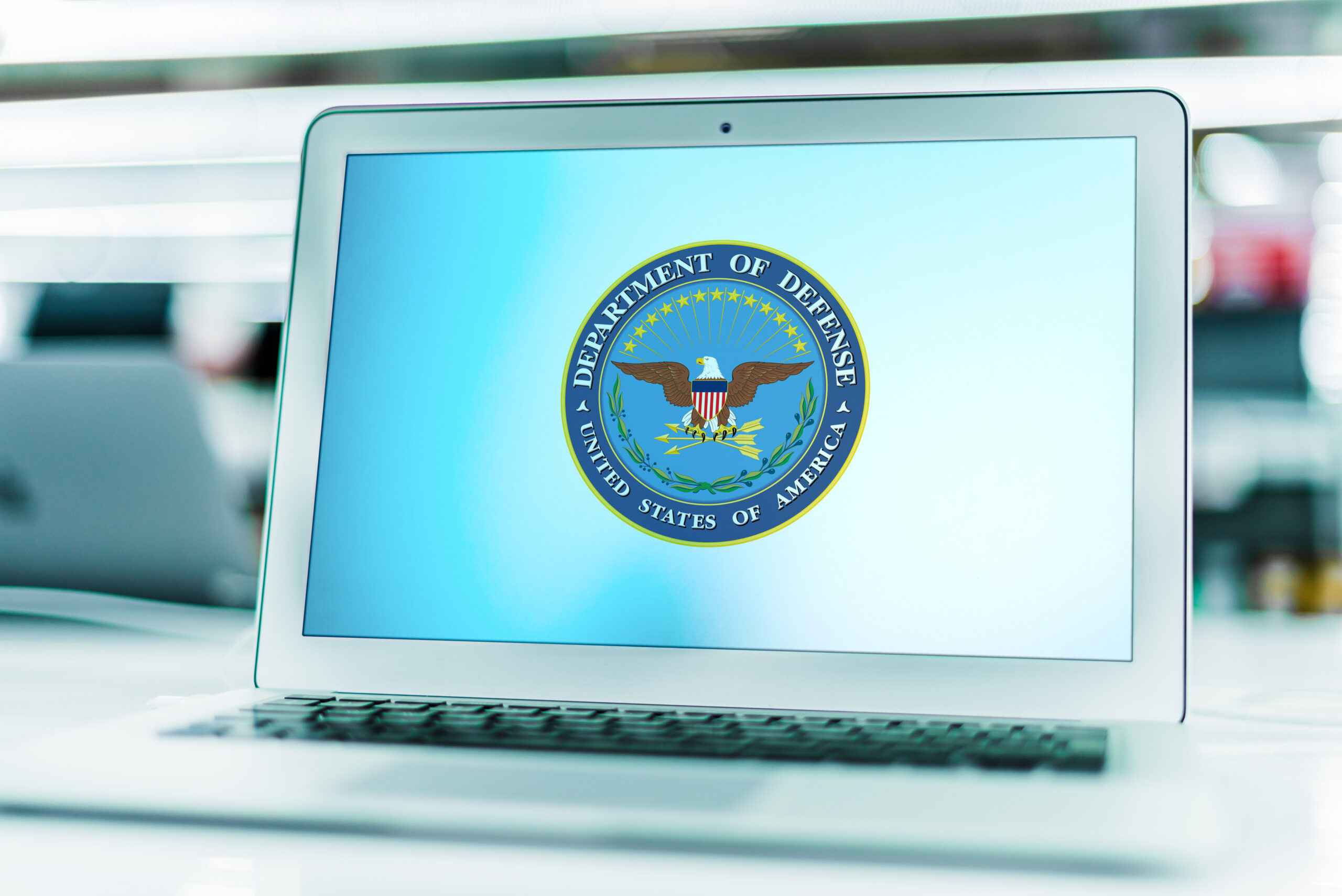The contractors of the Defense Industrial Base (DIB) are entrusted with handling Controlled Unclassified Information (CUI) to provide goods and services to the government. To ensure the security of CUI, the Department of Defense (DoD) has established the Cybersecurity Maturity Model Certification (CMMC) program. This program sets up adequate cybersecurity requirements for contractors to protect the confidentiality of the data they handle.
With its implementation as a unifying cybersecurity standard, the CMMC Framework is revolutionizing cybersecurity practices across the DIB. The DoD currently works with over 300,000 contractors, and that number is growing. To ensure everyone protects security information in the same manner, the DoD is implementing the CMMC requirements.
The exact requirements for CMMC are not yet finalized. To allow for a smooth transition, the interim Defense Federal Acquisition Regulation Supplement (DFARS) rule introduced a three year phase-in period. During this time, CMMC compliance will be mandatory only in specific pilot contracts. Nevertheless, the CMMC has already had a substantial influence on numerous organizations and will be in all contracts soon.
Why Was CMMC Created?
The DoD began mandating subcontractors to develop a Plan of Actions & Milestones (POA&M) and a System Security Plan (SSP) in 2017. These plans evaluate the subcontractor’s cybersecurity posture as per the NIST 800-171 standard. Comprising 110 controls, this standard necessitates a thorough evaluation of a subcontractor’s cybersecurity controls and implementation effectiveness.
It became evident by 2019 that the existing regulations were not adequately addressing cybersecurity concerns. The rise in cyber incidents raised alarm bells regarding the security of government information. Subsequently, the DoD developed the CMMC as an updated set of standards and regulations.
There have been two versions of CMMC so far, CMMC 1.0 and CMMC 2.0. Version 2.0 scaled back the requirements from the previous 1.0 version. Contractors and subcontractors that handle CUI data must comply with the CMMC requirements.
There are 3 different levels to the CMMC version 2.0. The required level is dependent on what type of CUI contractors handle.
Prior to the introduction of the CMMC, contractors were able to self-attest their compliance with the NIST 800-171 standard. With CMMC, contractors must pass a third party audit to verify their compliance with NIST 800-171. This requirement of a third-party assessment aims to aid businesses in protecting themselves against the perils of cyber threats.
Why Is CMMC Important?
The CMMC consolidates various compliance processes – such as NIST SP 800-171, NIST SP 800-53, AIA NAS9933, ISO 27001, and ISO 27032 – into a unified framework. Additionally, the CMMC incorporates best practices from other compliance procedures, including those outlined in the Federal Information Security Management Act (FISMA). This comprehensive approach provides a streamlined and effective system for contractors to ensure cybersecurity compliance.
The Department of Defense (DoD) hands out a substantial amount of contract work. According to the Congressional Research Service, the DoD spent over $777.7 billion on contracts in 2022. Consequently, for numerous organizations, working with the DoD can be immensely profitable, and is why CMMC compliance is worth the cost.
Technology is continually evolving, and with advancements in IT, the risks of cyber threats are escalating. To manage these risks effectively, the DoD and contractors must comply with the standards and regulations specified in the CMMC. The CMMC acts as a measure for the DoD to assess a company’s ability to protect CUI from potential cyber risks.
How Are Businesses Impacted?
The CMMC has had several impacts on DIB contractors, one of which is financial. Before the introduction of CMMC requirements, contractors were able to self-attest to their compliance with the NIST 800-171 requirements. The implementation of CMMC means that defense contractors have to undergo a third-party assessment. This results in them having to adopt stricter controls and higher expenses.
Some organizations cannot afford the technology needed for good security, and for them, CMMC can be a problem. However, the DoD has introduced a few measures to ensure that the expenses don’t impede job opportunities.
There are different levels of CMMC compliance a contractor must meet in order to be compliant. Organizations at Level 1 only handle common off the shelf products (COTS) and federal contract information (FCI). Cyber security expenses are also considered an allowable cost in DoD contracts.
How Can Organizations Prepare?
Even though the definitive CMMC requirements have yet to be released, DIB contractors can take steps to prepare for these assessments. To prepare for CMMC, DIB contractors should take certain steps. These include:
-
- Updating any existing security documents while focusing on the evidence required for passing a standard DoD audit. Use the available materials in the NIST 800-171 standard to update your documentation.
- Exploring opportunities to transfer operational risk, such as cloud-based managed services that offer turnkey solutions for CMMC compliance.
- Assign a CMMC program manager for the organization. This individual must keep themselves informed of all DoD directives and published CMMC materials. This expert can provide valuable insights and direction to the organization on how to meet the CMMC requirements effectively.
Contact FirstCall Consulting Today
CMMC certification helps you in many ways. It makes your cybersecurity stronger and make you more resilient to cyber attacks. It also give you an edge on the competition who may not be taking these requirements as seriously as you do.
If you are a business that works with the DoD, it is imperative that you begin implementing the CMMC requirements. CMMC compliance ensures that your company has the necessary cybersecurity measures in place to protect sensitive DoD information. Not following the CMMC requirements can lead to significant penalties, like losing your contract or having to pay a fine.
We understand that CMMC compliance can be a daunting task, especially for small and medium-sized businesses. Our team of experts has extensive experience in CMMC compliance and can guide you through the process from start to finish.
We offer tailored solutions that are customized to meet your specific needs and ensure that you achieve compliance quickly and efficiently. Don’t wait until it’s too late – contact us today to get started on your journey towards CMMC compliance.





